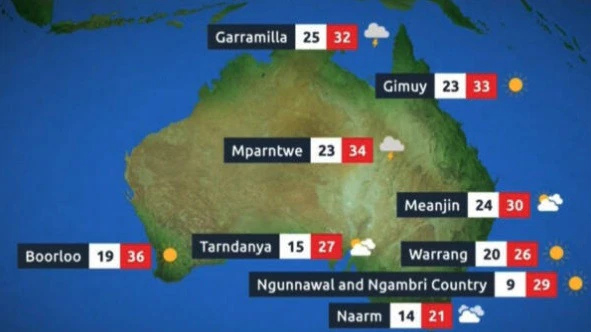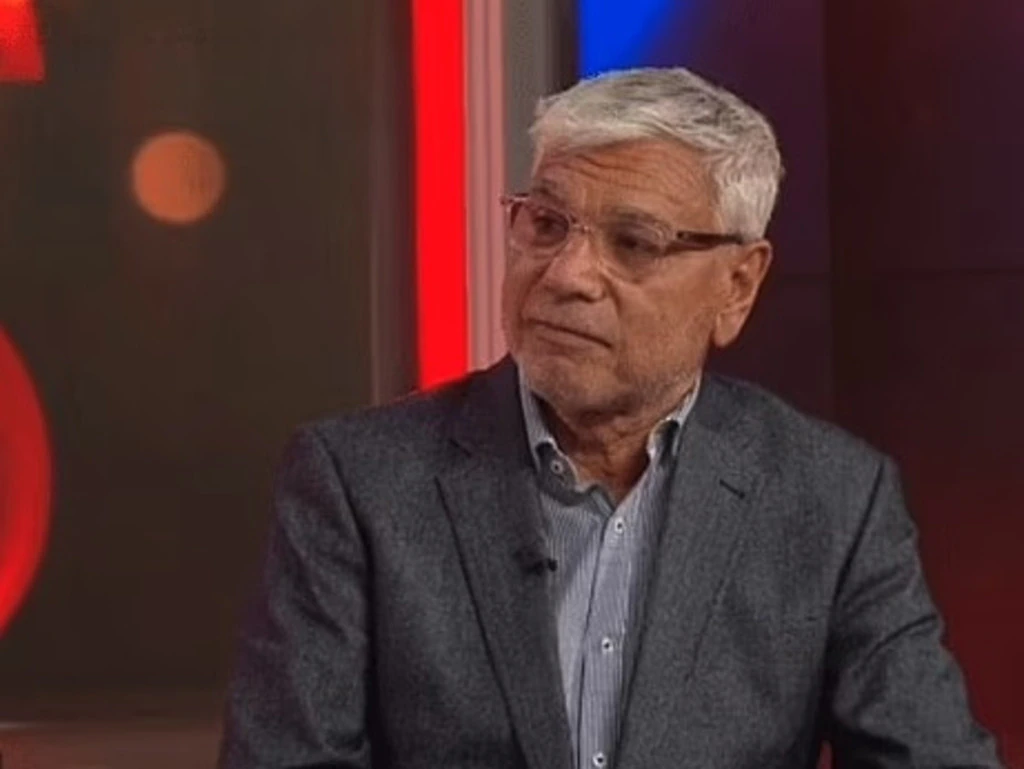A year ago, SBS made a bold move by introducing Indigenous names for Australian cities on their weather reports. But despite the network’s efforts to promote cultural awareness, the decision has sparked a heated debate among Australians.
What’s in a Name?
On SBS’s World News Bulletin, the Australian weather map is displayed with English names for each capital, before switching to Indigenous titles. Perth becomes Boorloo, Sydney becomes Warrang, Brisbane is Meanjin, Melbourne is Naarm, and Adelaide is Tarndanya. But not everyone is on board with this change.
A Divided Opinion
2GB listener Peter was shocked when he saw the Indigenous names on the weather report. “I think the capitals should be displayed in English,” he said. “It’s nice for Aboriginal people to have the names in their own language, but aren’t we all Australian?”

Indigenous leader Warren Mundine joined the conversation, acknowledging that while the idea is nice, it can get “crazy” and “upsetting” for some people. He shared a personal anecdote about getting confused at an airport because of the Indigenous names.
The Argument for Inclusion
SBS introduced the Indigenous names to reflect “traditional custodianship and more than 60,000 years of history.” The publicly funded broadcaster believes that this move promotes cultural awareness and acknowledges the rich history of Australia’s First Nations people.
Rhoda Roberts AO, SBS Elder-in-Residence and Widjabul Wia-bal woman, sees this initiative as a “revitalisation of First Nations’ languages” that can “heal our nation.” She believes that the Indigenous names hold more significance than just being a label, as they contain information about the seasons, place, and ecology of Australia.
The Power of Language
SBS Director of News and Current Affairs Mandi Wicks emphasizes the importance of language in promoting inclusion. “The power of language to foster inclusion can’t be understated, and this initiative will further share First Nations languages and cultures with all Australians,” she said.
The Debate Continues
While some people appreciate the effort to promote cultural awareness, others are concerned that the use of Indigenous names might cause confusion, especially in situations like air travel. The debate raises questions about national identity and how we can balance our cultural heritage with modern-day practicalities.
What Do You Think?
Should our cities have dual identities, with both English and Indigenous names? Is this a step towards greater cultural understanding, or is it a recipe for confusion? Share your thoughts in the comments below!

